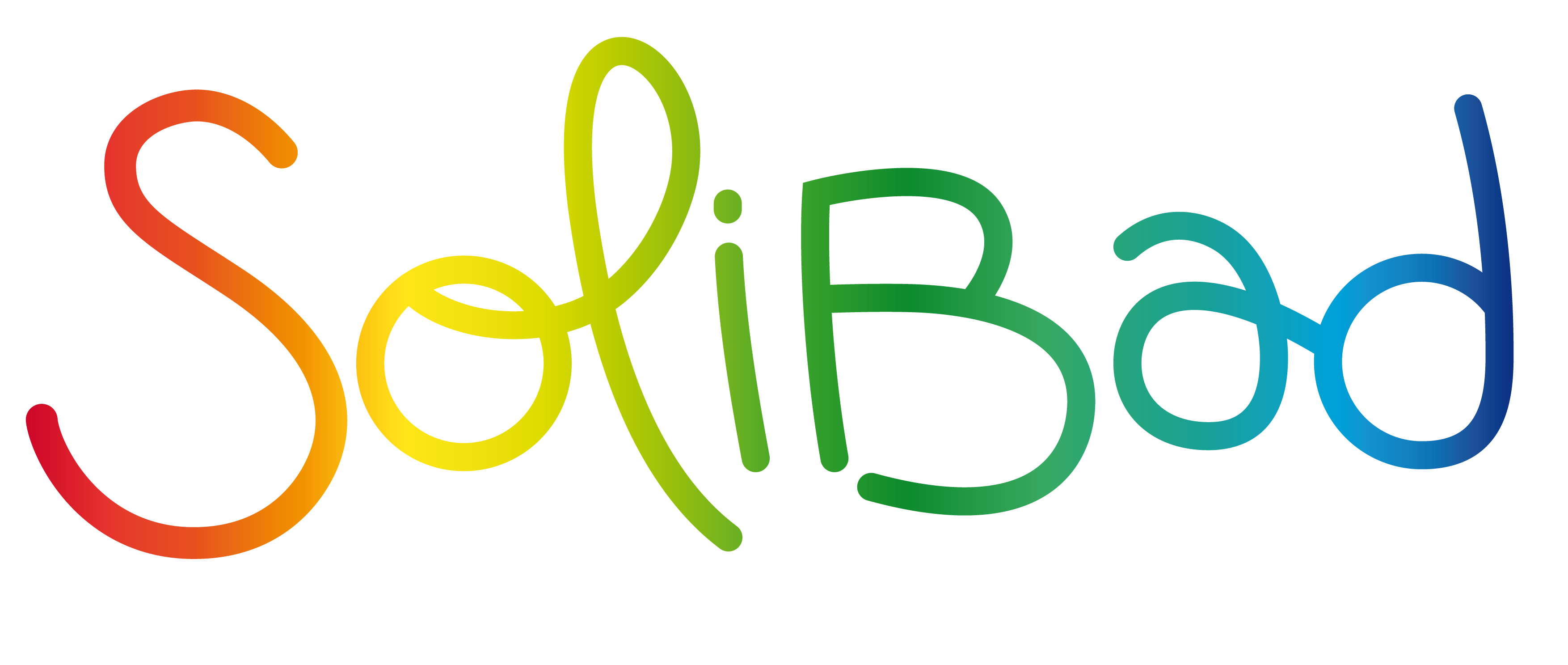
France
Shuttles of Hope
Location: Bry-sur-Marne, France - with plans to expand throughout France
Program start date: 2023
Number of children/families reached since the start of the program in 2023: 3 girls: Bouchra, Anna, and Anaïs
Amount invested by Solibad in this program since 2023: €500 (club fees and licenses)
The program in details:
Solibad has decided to create badminton clubs, partners of Solibad, to take care of the sport of young people from homes, to allow these young people from broken families, often in great social distress, to discover badminton and improve their skills in a particularly caring and rewarding environment.
In 2023, the presence of Bouchra, a young resident of the Léopold Bellan orphanage, in the membership of the Bry-sur-Marne club allowed us to discover the benefits of badminton for her personal development. This first action (covering Bouchra's membership fees, license, and equipment) led us to extend the project to two other girls from the same home: Anne and Anaïs, 9 years old, who play once a week at the Bry club (CSBAB).
This is a pilot project that we hope to expand through more global partnerships with clubs in France and abroad.
Why create this project?
Children placed in orphanages in France often have complex family and social backgrounds that have a significant impact on their education and development.
These children have generally lived in difficult family contexts characterized by extreme poverty and precarious living conditions, poor housing or overcrowding in the family home, lack of parental support and educational deficits, or have experienced situations of abuse or neglect.
Family difficulties have a major impact on the school career of these children. In particular, there are high repetition rates from primary school onwards (40% compared to 16% for all children), frequent periods of dropping out of school, especially in the year of placement, more frequent referrals to special education, and significant educational delays (51.3% of children placed for 5 years or more are behind schedule).
In addition to academic problems, these children face other challenges, such as a higher incidence of disabilities than the general population, difficulties with integration and socialization, behavioral issues related to trauma, and, very often, low self-esteem and lack of confidence in the future.
Although the care provided by the homes generally improves living conditions and stability, the children still face other problems, such as the difficulty of isolating themselves or the lack of privacy and personal attention due to the large number of children in the home and the small number of staff.
How can badminton improve the lives of these young people?
Our message is that badminton can have many positive effects on these children, contributing to their overall development and helping them overcome some of the difficulties associated with their situation.
In addition to the already highly beneficial physical release, badminton promotes the physical and psychomotor development of children: it improves their coordination, balance, and precision of movement, and helps them become more aware of their bodies and better perceive them in space. This is all the more important for children who have experienced trauma, as sports can help them to re-appropriate their bodies.
Beyond the physical aspect, sports activities also have positive psychological effects: they allow children to relieve anxiety and put aside a difficult daily routine, channeling energy and reducing anxiety and stress. Badminton, in particular, encourages the development of self-confidence and autonomy: it is a sport that doesn't require much practice to progress quickly: and the child realizes that he or she can succeed. Our instructors are particularly sensitive to the need to value this progress. This personal success can have a positive impact on academic performance, especially since the physical effort involved in badminton improves sleep and enhances concentration and learning.
Finally, sport is an excellent vehicle for the acquisition of essential social values and skills: it teaches respect for rules, discipline, and team spirit. Children learn to cope with frustration and control themselves, while socialization is promoted by encouraging respect for others and communication.








